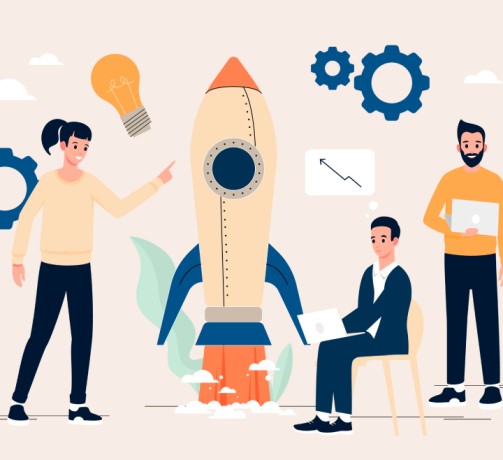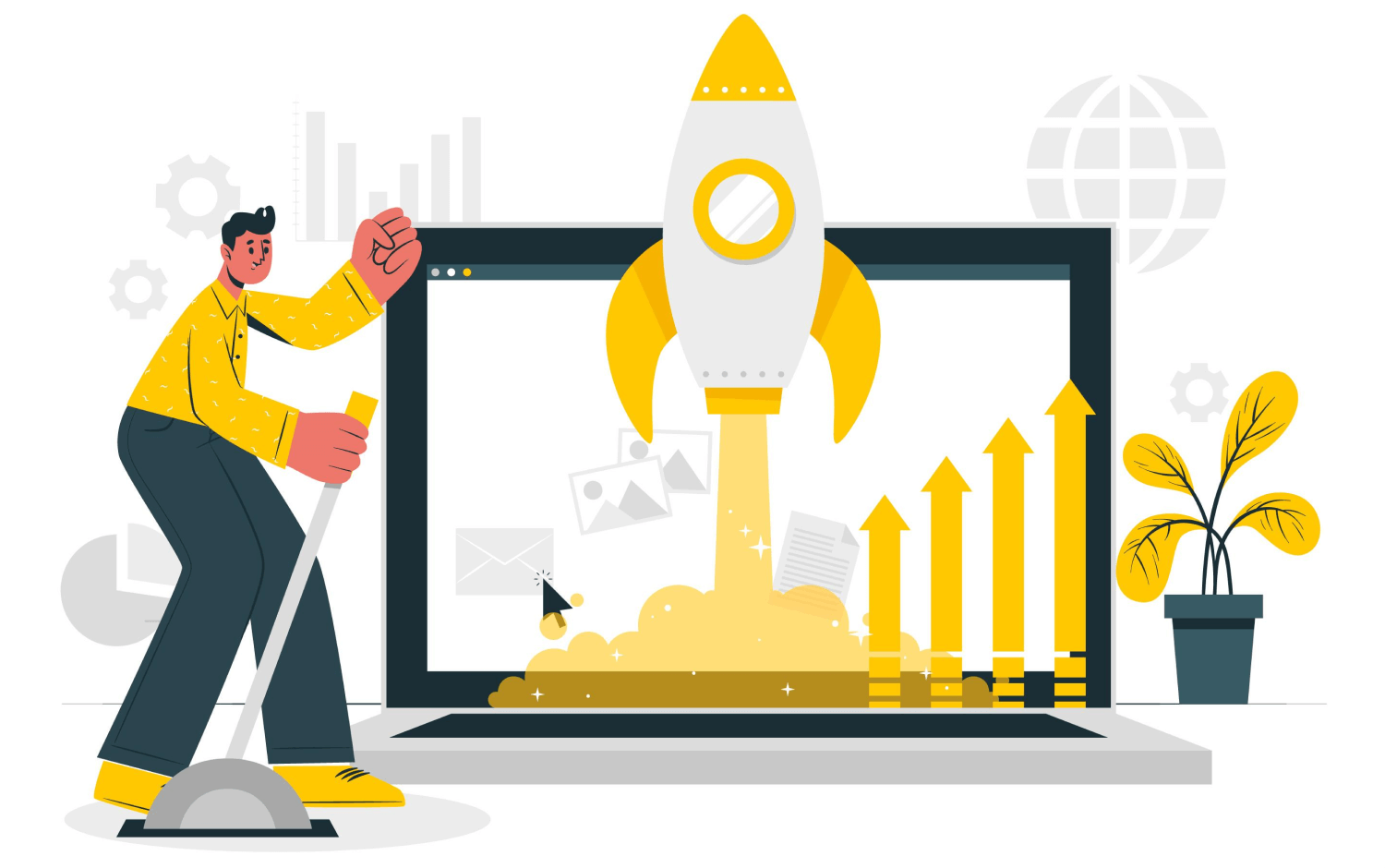10 years from now, your workplace will most likely be very different from the way it is right now – thanks to the fast-evolving technologies which are changing the nature of work and the notion of a workplace.

From the industrial revolution 4.0, automation, robotics, artificial intelligence, to space exploration and other advancements, the tech evolution is redefining and revolutionizing our future. We are already seeing a rapid rollout of self-driving automobiles, cyber trucks, dancing cars, and internet-connected refrigerators around us. Undeniably, technology has become an indispensable part of our life by making everything around us easier than ever.
Impact on businesses
The tech evolution wave minimizes the need to execute repetitive tasks manually. More employees will be hired for jobs that involve strategic thinking and logical problem-solving. The nature of work will continue to shift from focusing on task completion to interpretation, design, problem-solving, communication, and listening. Instead of specializing in one domain, the ability to learn and adapt to a new skill quicker will make a resource more valuable. This is where “lifelong retooling” of skill sets will come into play.
For businesses to stay competitive, understanding the impact of emerging technologies on future workplaces is important. These innovations must be strategically incorporated to increase efficiencies and attract the right talent. Organizations would need a system where humans can work constructively with tech, thereby redefining how to invest in workers and make human-machine interactions more rewarding.
Top emerging tech trends that will impact the future of work
Low-Code, Visual Process Automation:
Automating trust involves creating seamless and fair multi-party transactions, ensuring data authenticity, and verifying identities. Automation is the foundation for most emerging technologies. It produces digital data – the fuel for machine learning. Robotic Process Automation and Business Process Automation/Business Process Management are the two main types of process automation technologies. RPA helps automate individual, repetitive, time-consuming tasks with very little value (data entry, for instance). It helps cut costs without changing the existing infrastructure. Meanwhile, BPM automates end-to-end business processes that involve decision-making and serves as the core of any organization’s digital transformation.
1. Cloud-Based Communication Platforms
Seamless communication is the “hub” of a digital workplace. Cloud-based technologies are helping streamline workflows, facilitate collaboration, and increase work efficiency. With real-time communication and rapid networking (voice and video calls, screen and file sharing, instant messaging, and so on) companies can now efficiently access a global workforce.
2. Quantum Computing
Quantum computing can process data exponentially faster than traditional, silicon-chip-based computers while using less power. It is widely used for analytics and modeling, allowing businesses to leverage large amounts of data. It supports augmented reality (AR) and virtual reality (VR) applications and significantly enhances training and diagnostic accuracy while improving cybersecurity drastically. In the coming decade, quantum computing will reduce IT costs while allowing businesses to safeguard sensitive data when using cloud-computing platforms and automation software.
3. AI-Driven Technologies
The artificial intelligence umbrella includes natural language processing, natural language generation, machine learning, deep learning, and more. It allows organizations to fetch insights from their business data for timely and accurate decision-making.
4. Zero-Knowledge Proofs
With privacy being one of the major concerns right now, Zero-Knowledge proof is in demand more than ever. Popularized due to the rise of cryptocurrency, it resolves almost all privacy concerns. Zero-knowledge proofs are used to shield users & keep transactions anonymous, preventing the leak of private information.
5. Gesture-Recognition Technology
Gesture-Based Computing provides an interface where humans can interact with digital resources without using input devices such as keyboards, mice, gaming consoles, or voice technology. This emerging tech trend is much more than just tilting and shaking a device. It is slowly becoming one of the most lucrative applications in modern marketplaces, making for innovative marketing interactions between businesses and consumers.
Considering the pace of development, you need a dynamic, up-to-date company that can offer end-to-end IT solutions for your industry-specific demands. At CodeGlo, we stay ahead of the curve and ensure that our clients get the best. We align our organizational structure, leadership, and workforce development to execute a cohesive strategy that goes beyond just short-term equations of cost and efficiency, and as a team, we strive to be more than experts: We aim to be thought leaders.







